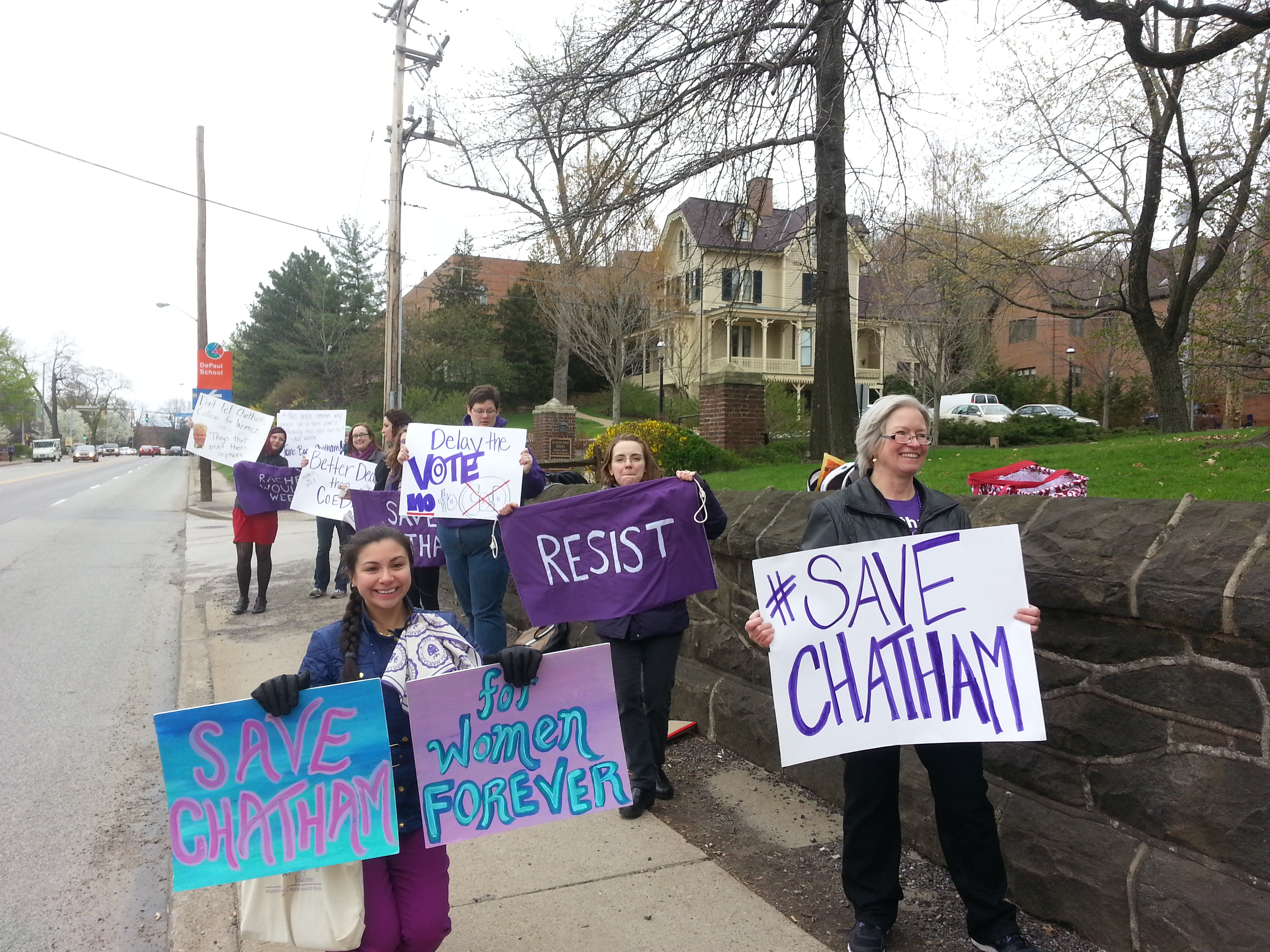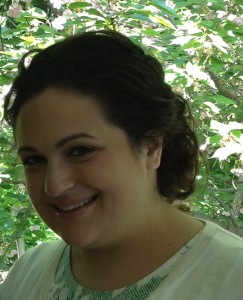On Monday, June 9, 2014, a law firm representing Chatham University issued a cease and desist letter to the Chatham College Independent Alumnae Association (CIAA), requesting that they stop using the name “Chatham” in the title of their organization.
The organization, formerly known as “Save Chatham,” began as a movement against the University’s proposed shift to coed.
In the letter, attorney Christiane Campbell of Duane Morris Law Firm said that “the University’s Board is concerned with the CIAA’s use of ‘Chatham’ as part of the name for an organization that is raising funds contrary to Chatham’s mission and interests.”
The letter, which explained Chatham University’s ownership of the name and trademark “CHATHAM,” also requested that the CIAA respond with written agreement to the terms no later than June 20, 2014.
Two days after the initial contact, another email was sent to the organization from Jennifer Potter, the chair of the Chatham University Board of Trustees, explaining the rationale behind the decision to issue the cease and desist letter. “While it is the right of all to associate freely for whatever purpose is chosen,” she wrote, “our duty is to prevent any harm that could come to the institution through any illegitimate use of our name.”
Alexa New, Sarah Stulga, Rachel Lunsford and Kelly McKown–the four organizers of the CIAA to whom the letters sent–chose to suspend activity on the organization’s website for a short time, while they met with legal counsel regarding the matter. They did, however, stress the fact that, contrary to the arguments in the cease and desist letter, the CIAA never made any fundraising efforts.
On June 20, 2014, Nicholas Roumel of Nacht Law, the legal council for the CIAA, responded to the cease and desist letter. His letter stated that the CIAA had a legal right to use the name “Chatham” in their title.
Furthermore he stated that, “your concern is that there is a likelihood of confusion, and/or that third parties will mistakenly believe there to be some ‘sponsorship, affiliation, or connection’ between your client and mine. This argument is misplaced…the CIAA is stressing its independence, [therefore] there can be no such confusion.”
Despite this assertion, the CIAA made the decision, on June 28, 2014 to fully disassociate with the ‘Chatham’ name. “It is you that has pursued us,” they stated in their final correspondence with the university. “You have threatened legal action not once, but twice. You threw us off campus and threatened us with arrest when we were protesting peacefully. Then when we exercised our First Amendment Rights to accurately identify our group, you threatened to sue us…so take the family name. Chatham, as both an institution and a brand, no longer holds real value. Your daughters are breaking ties.”
The CIAA has since reorganized as the Filiae Nostrae Society. According to their website, the name was taken from Psalm 144:12, “That our sons may be as plants grown up in their youth; that our daughters may be corner stones, polished after the similitude of a palace.”
This quote was chosen because it is “well-cited one in the history of women’s education” the group explains on their website. The website further says that the new organization is dedicated to “honor[ing] and preserv[ing] the spirit of women’s education.”


